When Mike Eckert moved to New Orleans in 2013 to be closer to his new grandson, he discovered that the city had plenty of entrepreneurial activity but no formal angel investment group to support it.
That led Eckert, the former CEO of The Weather Channel and an investing veteran, to launch the Nola Angel Network in April of 2014.
Since that time, the group — which changed its name to the Gulf South Angels earlier this year — has grown to include nearly 140 members. Its ranks are filled with doctors, lawyers, executives and other wealthy individuals who are willing to bet on startup companies in hopes of a big return.
Over the last decade, GSA has invested more than $24 million in nearly 60 companies, including $5 million in 20 ventures in 2024 alone, according to Eckert. And while that might not seem like much compared to the billion-dollar valuations of Silicon Valley startups flush with venture capital money, what angel investors do is different.
Whereas venture funds typically target larger startups, angels get in much closer to the ground floor, when an entrepreneur might only have an idea for a product and needs money to make it happen. It’s risky, but vital to prompt that initial stab at an idea.
Eckert said GSA’s numbers make it one of the most impactful organizations of its kind nationwide.
“In a market like New Orleans, which is the 46th biggest in the country, we should have a group of about 50 members, and we should churn in and out membership five to 10 percent a year,” he said. “But then the juggernaut began. By the end of our first year, we had 80 members.”
Angels in America
Since the 1990s, the practice of angels organizing into groups has become more prevalent. Working together, investors benefit from multiple areas of expertise and the ability to pool resources as they consider investments.
Today, there are more than 400 angel investor groups nationwide, according to the Angel Capital Association, a national trade group. Every year, angels inject $25 billion into more than 70,000 startups, according to the ACA.
Importantly, angels invest early. And often they are willing to invest in riskier ventures than banks or venture firms.
Before the Gulf South Angels, most private investment in New Orleans came from wealthy individuals or family offices.
To build his group, Eckert rallied support from veterans of the city’s business community.
“Mike told me the idea and I thought that this is something that we really need,” said Byron LeBlanc, a GSA member and board president of the Patrick F. Taylor Foundation. “This is an opportunity to learn and see all the great ideas that are out there.”
The group’s first investment was in Servato, a New Orleans startup that provides battery-monitoring tech to the telecommunications industry.
For the first two years, most of GSA’s deals were in New Orleans. As its membership grew, Eckert said it had to look elsewhere. Its first out-of-state deal took place in 2017. Today, its membership is spread across 12 states.
Intense process
GSA is known for its intense due diligence process.
Members meet once a month to hear founders pitch their ideas. They vote to decide if further study is warranted. If so, individual members with different areas of expertise will look into a company’s business plan. On average, about 20 investors will join any given deal, but on some occasions that number will triple.
LeBlanc believes the clear-eyed process is good for founders as well as investors.
“It’s not like, ‘Here’s another startup from Louisiana so let’s invest in it,’” he said. “That turns people off, especially if it goes bad. Entrepreneurs need to adequately value their companies and investors need to do their due diligence.”
Josh Johnston, CEO of TrayAway, a hospitality tech startup, appreciated the grilling.
“I did a series of interviews and then a formal presentation with 40 to 50 people in attendance,” he said. “It was very similar to the vetting process of a venture capital firm, very detailed.”
From rockets to pet food
A decade after GSA’s launch, Eckert said 14 of its investments have had “liquidity events,” which means they were either bought or they merged with another company. Four are out of business. Most are still operating but haven’t yet produced any returns.
“We’ve had some losers, there’s no doubt, but with angel investing, usually 50% of the companies go out of business,” he said.
One big win is Adranos. GSA joined an investment into the rocket motor and fuel startup, based in Mississippi, in 2022. A year later, the company was bought by billion-dollar global aerospace contractor Anduril.
GSA members who invested in Adranos got all their cash back and now have stock in the larger company.
“Anduril was the largest supplier of drones to Ukraine and other countries around the world,” Ekert said. “We know that it’s going to go public one of these years and it’s going to be just a massive return for our members.”
Since the Adranos deal, GSA has made a total of three additional investments in the space and defense sector, including X-Bow Systems, Balerion Space Ventures, and Varda Space Industries.
Another promising GSA investment is about as far from rocket fuel as you can get.
Pet Krewe, Allison Ward’s New Orleans-based startup, began by making handmade costumes for pets in 2015, eventually providing costumes to 600 independent retailers. But it was a pandemic pivot to pet food that turned the company into one that could lead to a big payoff. The company sells millions of cans of its “Salty Cat” cat food and “Ella’s Best” dog food each month, Ward said.
“The company is growing massively,” Eckert said. “Some of our members got in very early on that one, and we love the CEO.”
Other successful investments for GSA members include Qure4u, a Florida health care IT startup; Spine Align, a medical device company that spun out of Johns Hopkins University; and Baton Rouge-based Mastery Prep, a test preparation company.
“We’re completely agnostic,” Eckert said. “We weigh each opportunity on the merits of its business model.”
Taking risks
Some members of the New Orleans startup community are critical of what they say are the Gulf South Angels overly investor-friendly terms, which they say can put too much pressure on early-stage founders.
But others said the tough terms are just good business and are the reason for GSA’s success. Of course, if someone doesn’t like a deal, they don’t have to take it. And critics and supporters generally agree that Gulf South Angels has created something that New Orleans lacked before its arrival.
“Mike had a level of knowledge and contacts across the country that made the opportunity to work with him much more interesting,” said Gay LeBreton, a GSA member and executive at Chaffe & Associates, a specialized investment bank. “I like to spend my time on this because I think we can grow something here.”

Gay Le Breton is a member of the Gulf South Angels investment group in New Orleans on Thursday, December 19, 2024. (Photo by Chris Granger, The Times-Picayune)
Eckert said he is proud to have helped drive the country’s “innovation economy” by investing in ventures that are too risky for banks or venture capital funds — and he’s happy that Gulf South Angels members have gone on to lead other investment groups, including the Flamingo Funders and Boot64 Ventures.
“Thank God America’s got a bunch of people with disposable income willing to take the risks,” he said. “We could spend our money anywhere, but we’re putting it in to help engender these new companies and obviously get a return.”
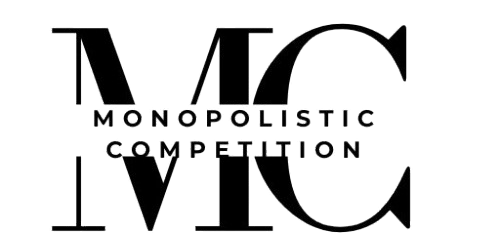
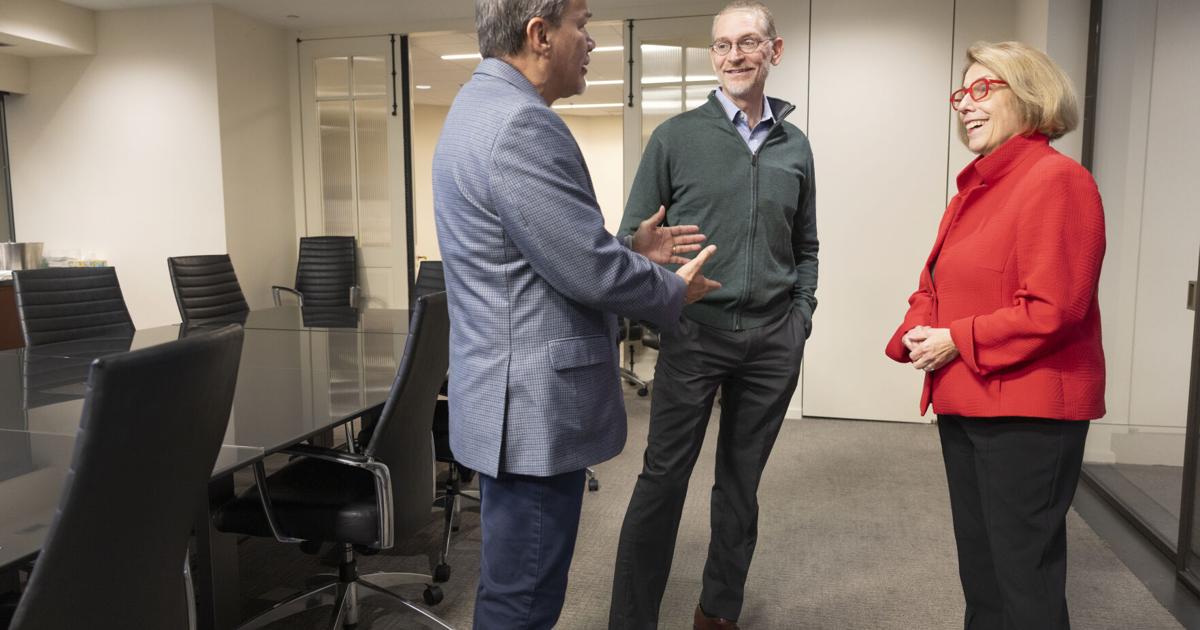


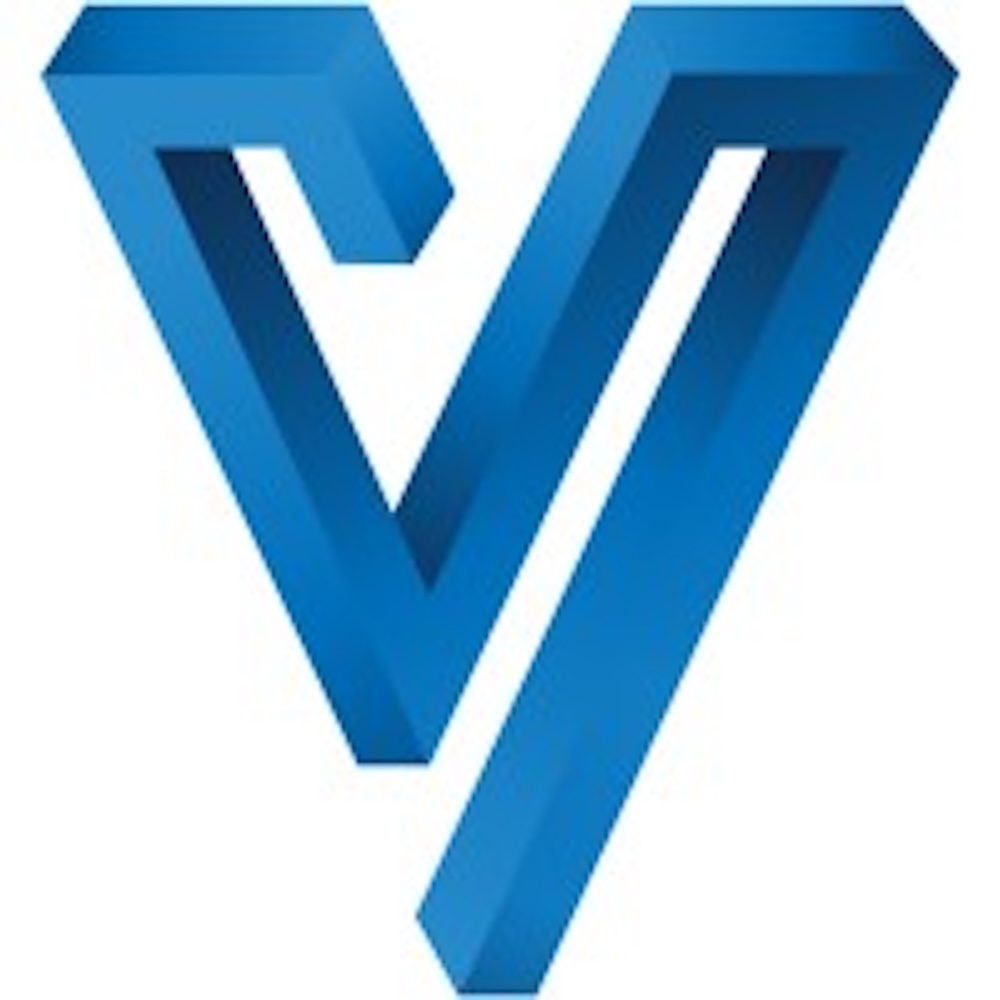
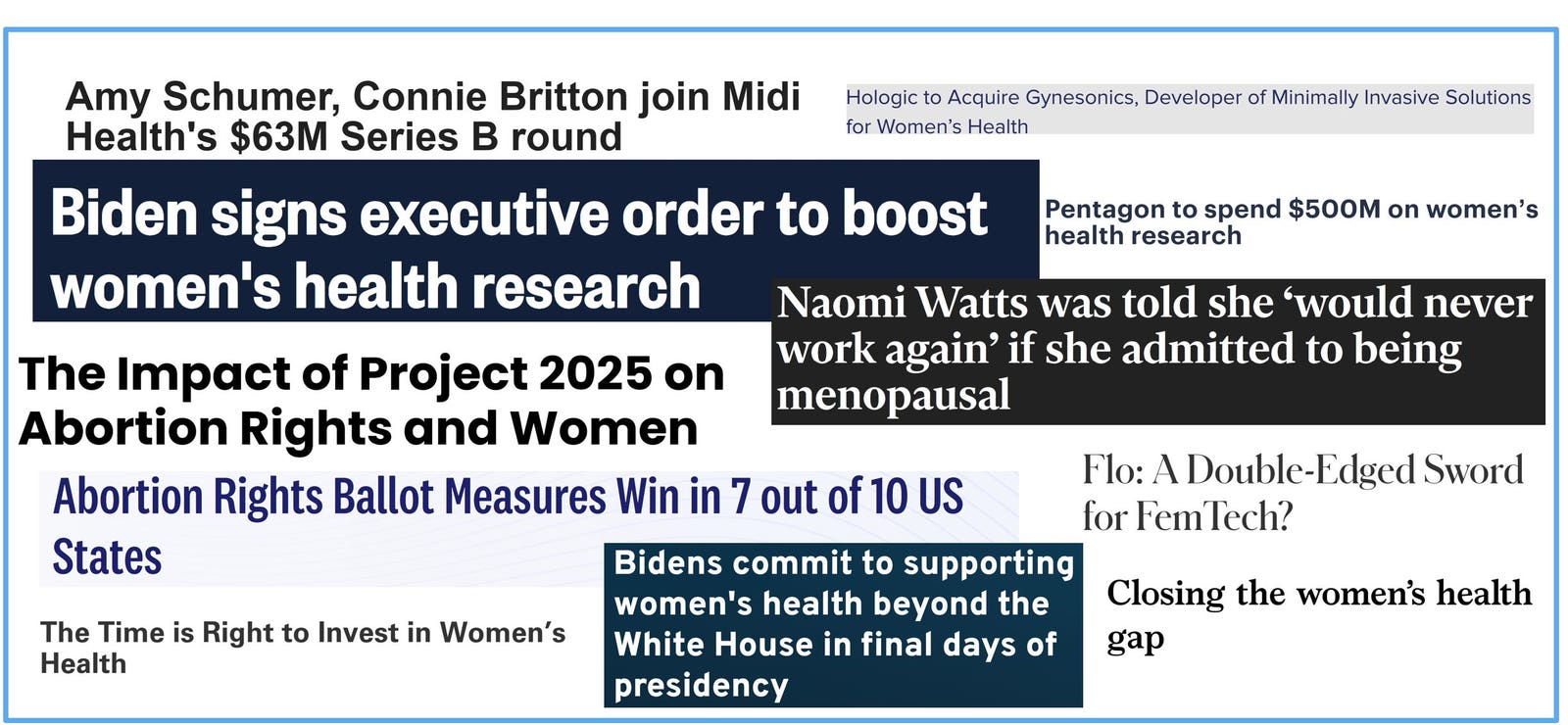


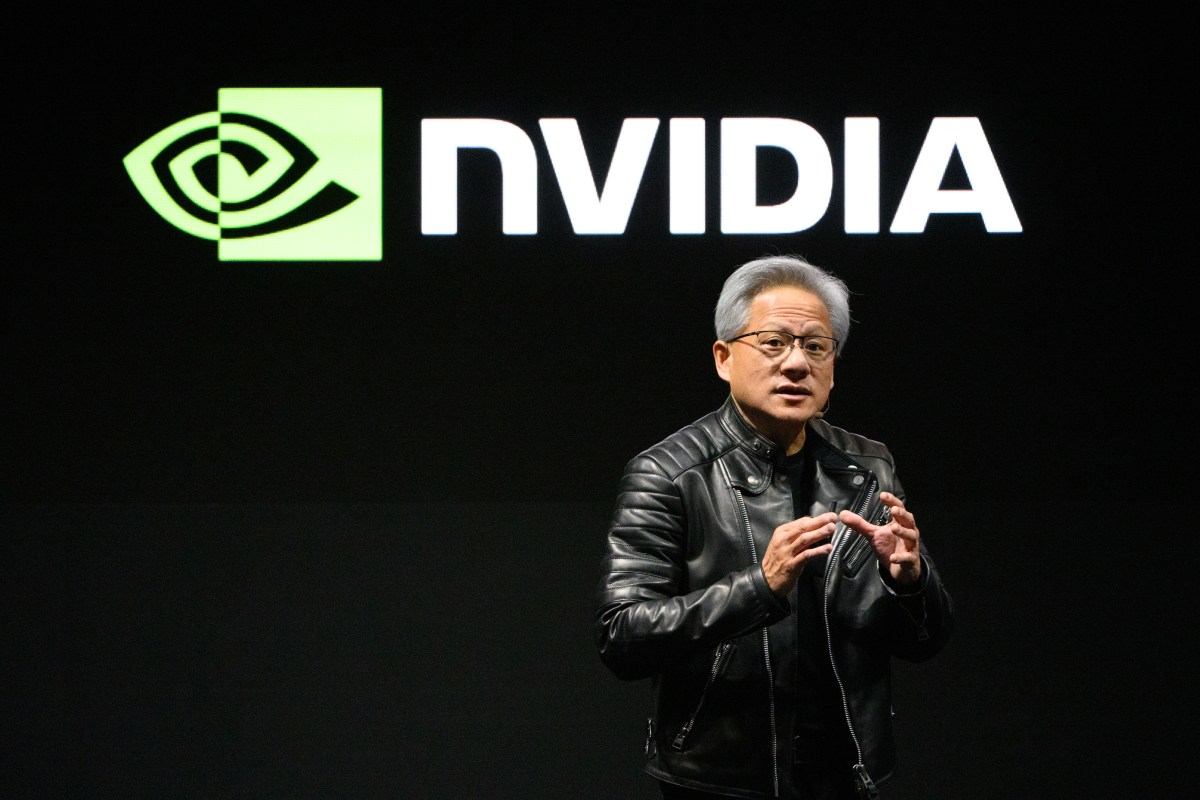
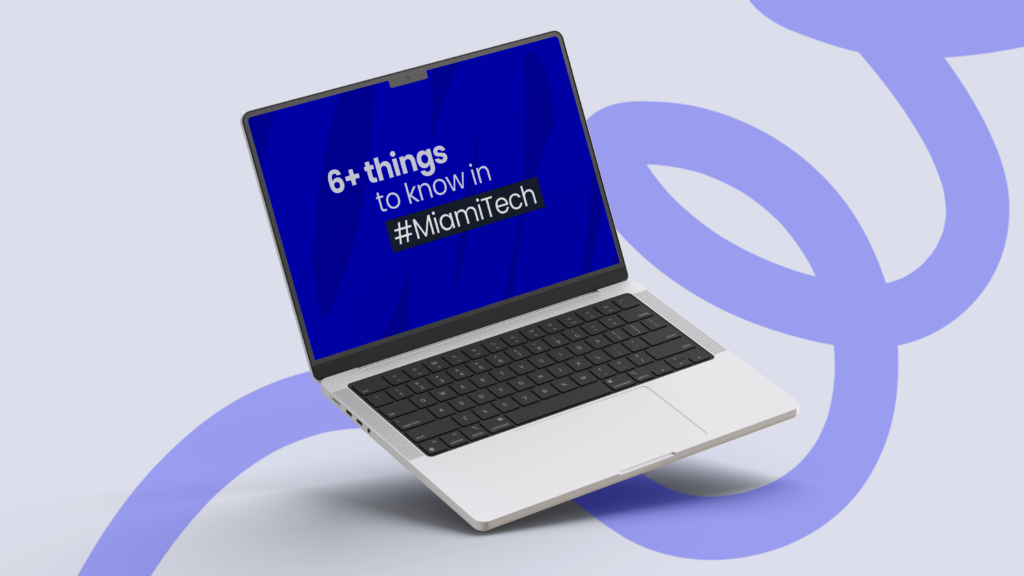
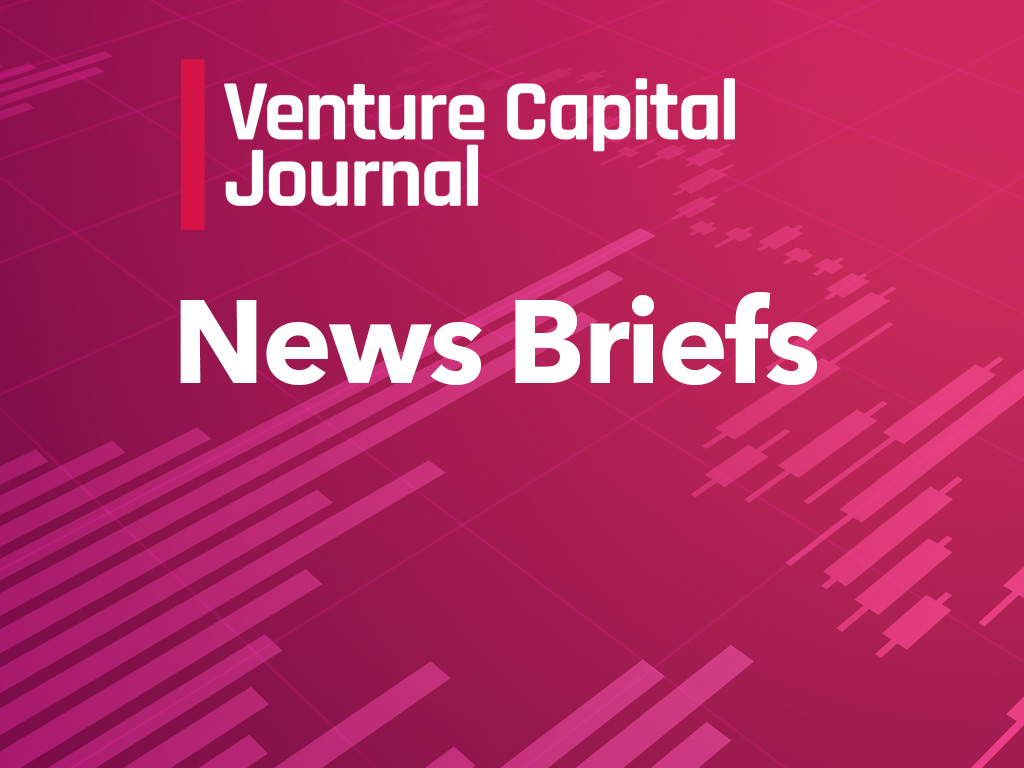
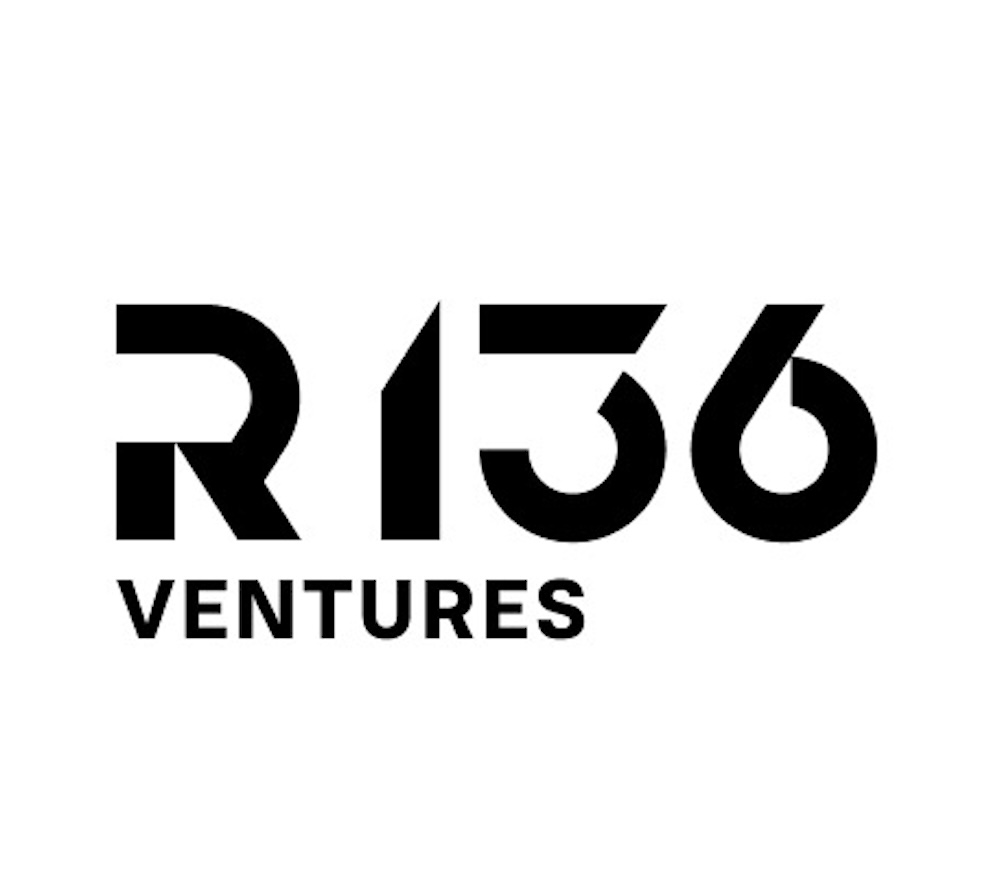
Leave a Reply